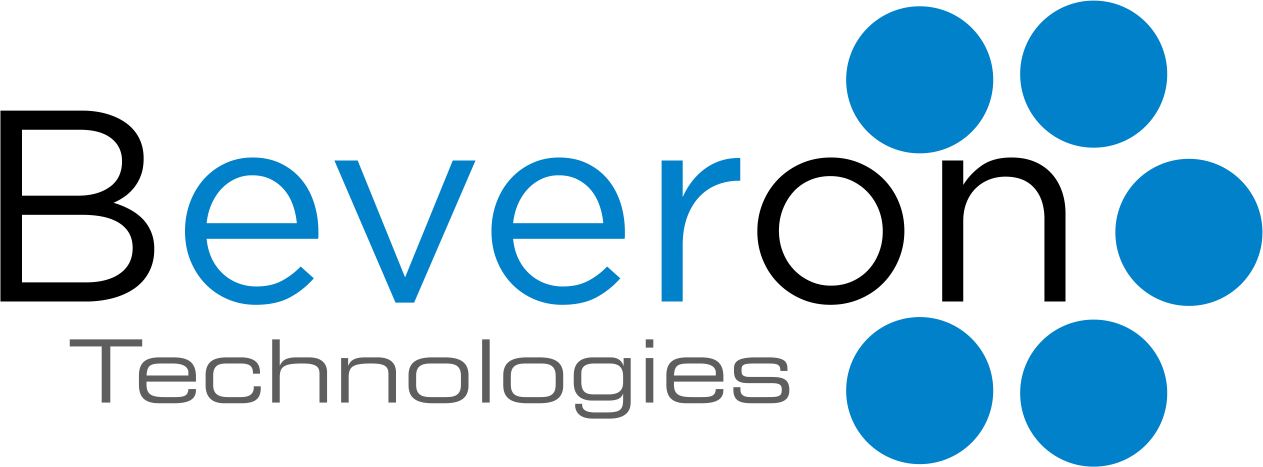

Beveron Smart Lawyer Office is the leading law firm software in Turkey, designed to streamline case ...

Beveron’s Smart Lawyer Office is the leading law firm software in Thailand, offering powerful tool...

Beveron Smart Lawyer Office is the leading law firm software in Tanzania, offering secure, efficient...

In today's dynamic business landscape, legal teams are increasingly challenged to adapt to evolving demands and deliver value beyond traditional legal services. To meet these challenges head-on, many organizations are embracing a new operational model for their legal teams. This model goes beyond the conventional role of legal departments and focuses on driving strategic outcomes, enhancing efficiency, and aligning with overall business objectives. In this blog post, we will explore the purpose and benefits of adopting a new operational model for legal teams.
The new operational model positions legal teams as strategic partners within the organization. It encourages legal professionals to proactively engage with stakeholders, including senior management and business units, to gain a deeper understanding of the organization's goals and challenges. By aligning legal strategy with overall business objectives, legal teams can provide strategic advice, risk analysis, and innovative solutions that directly contribute to the organization's success.
A new operational model emphasizes efficiency and productivity by streamlining legal processes and optimizing resource allocation. By leveraging technology, automation, and standardized workflows, legal teams can minimize administrative burdens and focus on high-value tasks. This approach improves response times, reduces bottlenecks, and enhances overall efficiency, allowing legal professionals to deliver high-quality work in a timely manner.
How Risk Management and Compliance management is achieved in a new operational model?
An integral part of the new operational model is robust risk management and compliance practices. Legal teams play a vital role in identifying, assessing, and mitigating risks that impact the organization. By actively monitoring legal and regulatory changes, legal teams can proactively advise on compliance requirements and implement effective risk management strategies. This ensures the organization operates within the boundaries of the law and safeguards its reputation and financial well-being.
The new operational model fosters a culture of collaboration and knowledge sharing within legal teams and across the organization. By breaking down silos and encouraging cross-functional collaboration, legal professionals can tap into diverse perspectives, share best practices, and leverage collective expertise. This collaborative approach enhances problem-solving capabilities, promotes innovation, and strengthens the overall legal function.
In the era of data-driven decision-making, legal teams can leverage data analytics to gain valuable insights and make informed decisions. By capturing and analyzing data related to legal operations, contract management, litigation, and regulatory compliance, legal teams can identify patterns, trends, and opportunities for improvement. These insights enable evidence-based decision-making, resource optimization, and proactive risk management.
The new operational model recognizes the importance of continuous learning and professional development for legal teams. It encourages legal professionals to stay updated with the latest legal developments, industry trends, and emerging technologies. By investing in training programs, mentorship, and networking opportunities, organizations can nurture a highly skilled and adaptable legal workforce, capable of meeting the evolving needs of the business.
Adopting a new operational model for legal teams is a strategic move that unleashes their full potential and transforms them into key drivers of organizational success. By positioning legal teams as strategic partners, enhancing efficiency and productivity, managing risk and compliance, fostering collaboration and knowledge sharing, embracing data-driven decision-making, and promoting continuous learning, organizations can unlock the value of their legal function. The new operational model empowers legal teams to play a vital role in shaping the organization's strategy, mitigating risks, and driving sustainable growth in today's complex and competitive business environment.
Smart legal counsel is the best corporate legal software which offers comprehensive document management, enabling the organization, storage, and retrieval of legal documents efficiently. It includes tools for contract management, facilitating the creation and monitoring of agreements. Compliance features ensure adherence to relevant laws and regulations. Collaboration capabilities enable legal teams to work together effectively, often in real-time. Robust security and access controls safeguard sensitive legal information. Reporting and analytics features offer insights into legal matters, contributing to informed decision-making. Ultimately, corporate legal software streamlines legal operations, enhances compliance, and supports efficient collaboration within the corporate legal department.
best corporate legal software in UAE
best corporate legal software in India
best corporate legal software in Kenya
If you need free demo on best corporate legal software, pls fill the form below